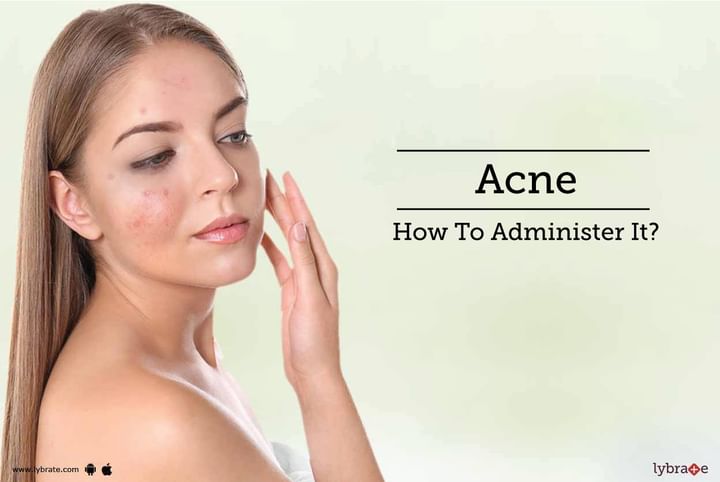Get the App
For Doctors
Login/Sign-up
Last Updated: Oct 23, 2019
BookMark
Report
Acne - How To Administer It?
Acne is a serious skin condition, and while for some it is just a problem during the teenage years, for others, it can continue well into adolescence and in later years too. On the other hand, people are getting more conscious about their appearance. This has pushed more people wanting, not only to get rid of acne but also remove the scars permanently. Deciding on a treatment option for acne, however, should take into account some factors. The first is to understand the types of acne, as below.
- Most teenagers have what is known as comedonal acne. This involves blackheads and whiteheads and is often due to excessive production of sebum. This often is associated with hormonal changes and fades away as the person crosses the teenage years. The chin, cheeks, and nose are most commonly affected.
- The next type is the inflammatory, where the sebum is collected under the skin, and there is reddening of the skin.
- Cystic acne is the more severe form and is often filled with pus and can break open, leading to infection. They are not only painful but are also reddened.
Treatment option: This is decided by the type of acne and other factors as discussed below.
- For simple acne, known as acne vulgaris, topical creams are quite effective. These unblock the pores through which sebum can flow out and thereby prevent acne formation.
- Topical retinoid cream is also given so that the required nutrition reaches the underlying skin layers.
- In cases where there is inflammation too, antibiotics are required. These antibiotics kill the bacteria that collect around the pores but also help with the inflammation.
- In women where the acne has a strong menstrual connection, oral contraceptives are used. There are specialized hormonal pills that combine male and female hormones and stabilize hormonal fluctuations. However, these should not be taken by smokers.
- Isotretinoin is another strong anti-acne drug that can cure severe forms of cystic acne. It produces severe side effects like colitis, inflammatory bowel disease, depression, etc., and so should be reserved and used only under proper supervision.
- This is useful in reducing the activity of the oil glands and so in a matter of a few months, acne is reduced. Cost is, of course, a deciding factor.
- This procedure combines vacuum with broadband light and is useful in treating severe inflammatory and cystic forms of acne. It cleanses the pore, removes excess oil, kills bacteria, and reduces the overall activity level in the glands.
- Other things to also consider are food habits, adequate hydration, frequent cleaning, skin care products, etc. The type of treatment would also depend on the skin type, age, and how cosmetically concerned the person is.
In case you have a concern or query you can always consult a specialist & get answers to your questions!



+1.svg)
